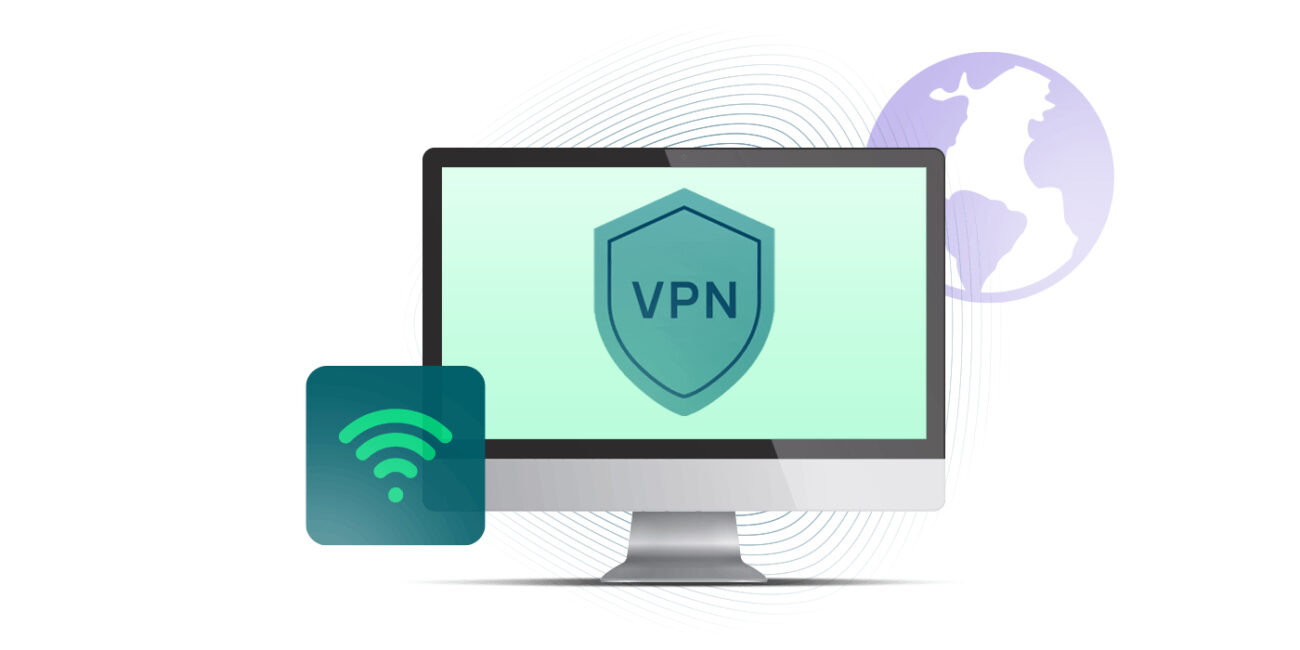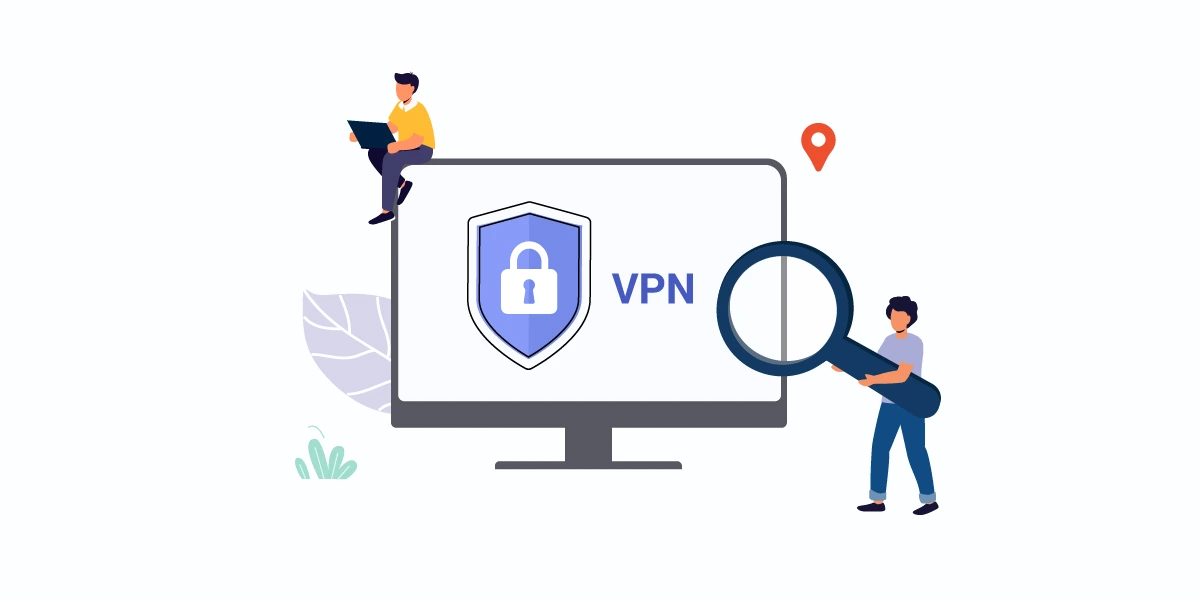Your smartphone is always talking to servers, peers, and content hosts whether you go at specs, download game APKs, or look at modified versions of mobile apps. That network journey carries metadata your IP, device signature, routing paths, timestamps—that can expose you more than you might think. A VPN isn’t just a cloak: when built well, it becomes a performance booster and a safety net for tech enthusiasts.
I often rely on benchmarking systems like vpnly.com to evaluate how exit nodes handle congestion, how routing shifts under stress, and how latency and packet loss behave under sustained load. These insights help distinguish between VPNs that just “encrypt” and those that maintain speed, resilience, and integrity when things get tough.
Plus, modern VPNs include polished Android and iOS apps, meaning your mobile sessions browsing specs, downloading games, streaming previews stay protected on the go.
How VPNs Can Help in the InternetChicks World

Bypassing throttling or traffic shaping. Some networks may deprioritize file transfers, APK downloads, or high-volume traffic. A VPN can disguise your traffic pattern so network appliances can’t single it out for slowdowns.
Better access to mirrors, mods, or host servers. Occasionally, content hosts or APK servers might block certain networks or IP ranges. Using a well-peered exit node via a VPN can grant you more stable access to those sources.
Avoiding exposure during downloads.
When you grab big asset packs or game patches, your real IP and device profile are revealed to all connected peers.
With a VPN, you mask that endpoint, reducing chances of unwarranted tracking or targeting.
Seamless mobile usage under network changes. A decent Android or iOS VPN program keeps the tunnel going without drops or leaks if your device changes from WiFi to mobile data in the middle of a session (for example, when downloading or surfing). This keeps your session state.
What to Look for in a VPN for Mobile Gaming & Tech Use
1. Exit node density and peering. The VPN should have exit nodes with strong backbone connections and good peering with popular content hosts; fewer hops means less lag or dropouts.
2. Dynamic routing and path switching. If one node is too busy, the VPN should be able to send your traffic through another node without stopping your session.
3. Leak protection + kill switch. Even small leaks (DNS, WebRTC, IPv6) can expose your real device route. A reliable VPN must suppress them and cut traffic if the tunnel fails.
4. Split tunneling or app-specific routing. You might prefer to tunnel only your game or downloader app through the VPN, while letting background tasks or updates go direct—this preserves bandwidth and reduces unnecessary load.
5. Mobile app stability. The Android and iOS clients should persist network transitions, keep reestablishing without user input, and avoid exposing your route when switching networks.
6. Multiple device support. Many users run phone + tablet + emulator. A VPN that supports several concurrent connections helps keep all those devices covered.
7. Transparent performance data. Providers or independent reviews that publish real latency, jitter, packet-loss figures (such as via benchmark tools like VPNly) offer evidence that the service can deliver under load.
Practical Tips for InternetChicks Users
- Test exit nodes early. Before downloading a large APK or asset pack, try ping or traceroute tests through different nodes to find a low-latency path.
- Use split tunneling smartly. Only send your download manager or game client through the tunnel; leave app stores, updates, or background sync outside unless needed.
- Keep the VPN app active before toggling networks. If you anticipate losing WiFi or switching to hotspot, have the VPN running so it can maintain connection.
- Watch for slowdowns mid-download. If speeds drop sharply, switch exit nodes good VPNs allow fast switching during active sessions.
- Scan for leaks after setup. Use DNS or WebRTC leak tests with and without the VPN enabled to confirm your real routes stay hidden.
- Rotate exit nodes occasionally. Avoid sticking to one node too long it might get marked or throttled over time.
- Check battery & performance settings. On mobile, make sure the VPN app isn’t shut down by aggressive battery optimization when in background.
For the tech-savvy audience of InternetChicks, where getting the latest specs, tools, mods, or APKs matters, a VPN is much more than a privacy gimmick. It’s a utility that optimizes access, preserves anonymity, and ensures your mobile experiences downloads, gaming, browsing stay stable, fast, and safe.


